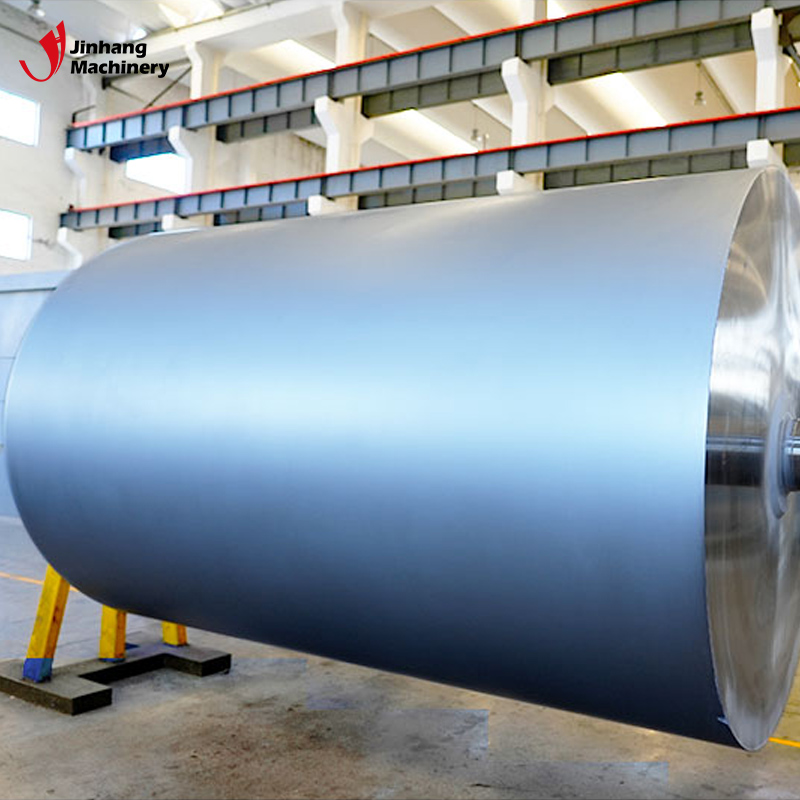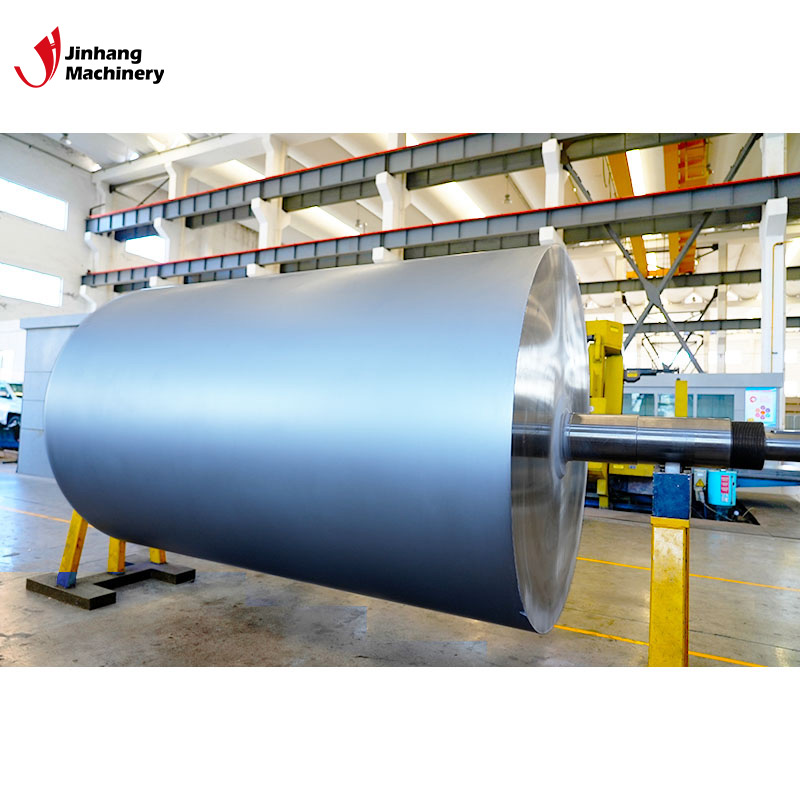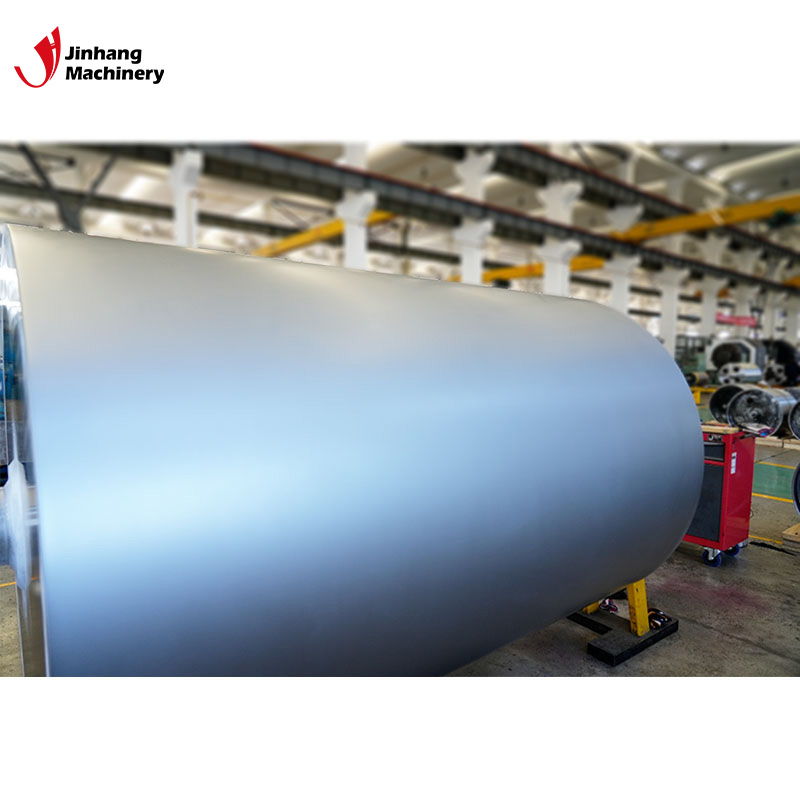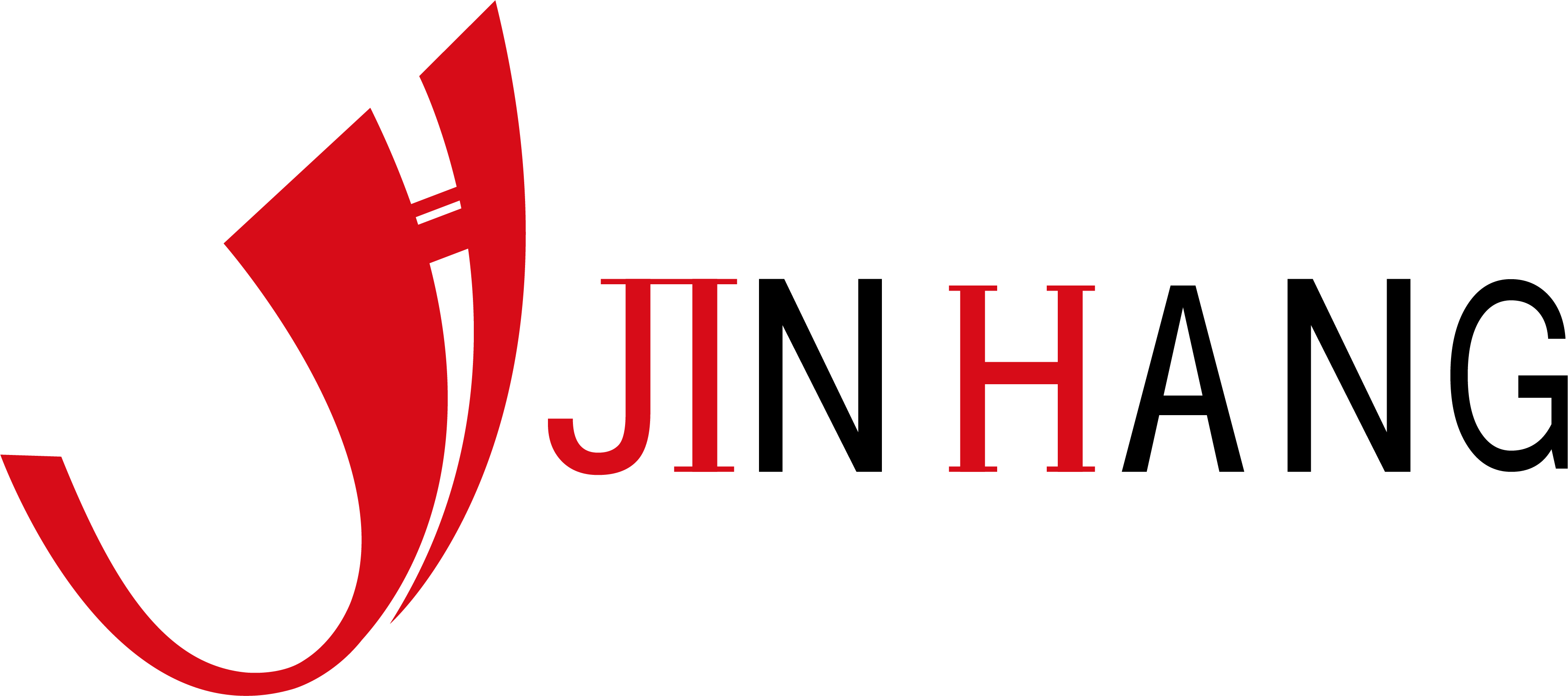Which industries need to use water quench roller?
The water quench roller is a key equipment widely used in industrial production. Its main function is to quickly cool high-temperature materials to achieve the ideal hardness and physical properties. Although the most well-known application field of water quench roll is the steel industry, in fact, it plays an indispensable role in many industries. This article will explore in detail the working principle, application field and key role of water quench roller in various industries.

What is the basic principle of water quench roller?
The purpose of water quench roller is to change the internal structure and surface characteristics of high-temperature materials by rapidly cooling them. This roller is usually installed at the outlet or cooling section of the production line, and the heat-treated material is cooled by water flow on the surface of the roller. The core of water quench roller lies in its uniform cooling effect, which can avoid deformation, cracks or other defects caused by uneven cooling of materials.
The advantage of water quench roller lies in its efficient and precise cooling ability, which enables the material to quickly reach the ideal temperature and performance standards after high-temperature treatment. This process has a vital impact on the final quality of the material.
What are the main application industries of water quench roller?
The main application industries of water quench roller are:
1. Steel industry
2. Aluminum processing industry
3. Glass manufacturing industry
4. Nonferrous metal industry
5. Quenching heat treatment industry
6. Chemical industry

1. Steel industry
The steel industry is one of the most widely used areas for water quench rollers. In the steel production process, hot-rolled or cold-rolled steel needs to be cooled quickly to achieve the ideal hardness and strength. Water quench rollers play a key role in this process, especially in the production of high-value-added products such as high-strength steel plates, tool steels, and stainless steels.
In the steel industry, water quench rollers are not only used for cooling steel plates and steel strips, but are also widely used in the production lines of various steel pipes and profiles. Through the rapid cooling of water quench rollers, steel can obtain a more uniform organizational structure, reduce deformation and cracks caused by thermal stress, and thus improve the overall quality of the product.
2. Aluminum processing industry
Aluminum materials occupy an important position in the aerospace, automobile manufacturing, and electronics industries due to their lightweight and excellent electrical and thermal conductivity. In the aluminum production process, hot-rolled aluminum plates, aluminum strips, and aluminum foils need to be cooled quickly to ensure that their surfaces are flat and their internal organizations are uniform. At this time, water quench rollers come in handy.
The role of water quench roller in aluminum production is not only cooling, but also improving the surface finish of the product and reducing surface oxidation. By precisely controlling the cooling rate, water quench roller can prevent scale and cracks on the aluminum surface, while improving the dimensional accuracy and physical properties of the material.
3. Glass manufacturing industry
Glass manufacturing is another industry that requires water quench rollers, especially when producing high-strength glass and special glass. Glass needs to be cooled quickly after forming to obtain the ideal hardness and impact resistance. Water quench rollers prevent glass from generating internal stress and cracking due to uneven cooling by cooling evenly.
In automobile manufacturing, construction, and electronic products, the quality and performance of glass are crucial. Water quench rollers can help manufacturers improve the transparency, strength, and scratch resistance of glass to meet the increasingly stringent requirements of various industries for glass materials.
4. Non-ferrous metal industry
Non-ferrous metal materials such as copper, titanium, and nickel play an important role in high-tech and special applications. In the production process of these materials, water quench rollers are used to cool heat-treated metal plates, strips, and tubes. Through the uniform cooling of the water quench roll, these materials can obtain higher strength, corrosion resistance and conductivity.
For example, in the aerospace and electronics industries, titanium alloys are widely used. Water quench rollers can help improve the performance of titanium alloys, making them more suitable for use in extreme environments such as high temperature and high pressure.
5. Quenching heat treatment industry
The quenching heat treatment industry focuses on changing the physical properties of metal materials through rapid cooling to improve their hardness and wear resistance. Water quench rollers are crucial in this process, especially when dealing with high-alloy steel and tool steel, where the cooling rate directly affects the final performance of the material.
The application of the quenching heat treatment industry is not limited to large steel manufacturers, but also includes fields such as automotive parts, mechanical processing and tool manufacturing. By using water quench rolls, companies can achieve more efficient and uniform cooling effects, thereby improving product quality and market competitiveness.
6. Chemical industry
Many production processes in the chemical industry involve high-temperature treatment and material cooling. For example, when producing plastic films, rubber products and chemical synthetic materials, water quench rollers are used to quickly cool products to ensure that they have ideal physical properties in subsequent processing and use.
In the chemical industry, water quench rollers are not only used for cooling, but also to prevent materials from chemically reacting or decomposing at high temperatures. This is essential for producing high-quality chemical products.

What are the key roles of water quench rollers in different industries?
1. Improving material properties
The core role of water quench rolls is to improve the performance of materials through rapid cooling. Whether it is steel, aluminum or glass, water quench rollers can effectively improve the hardness, strength and wear resistance of materials, making them more suitable for demanding industrial applications.
2. Prevent material deformation and defects
During the cooling process, materials are prone to internal stress due to uneven temperature, resulting in deformation or cracks. Water quench rollers effectively avoid these problems through uniform cooling, thereby improving the dimensional accuracy and surface quality of products.
3. Improve production efficiency and product consistency
The efficient cooling capacity of water quench rollers allows production lines to run at higher speeds while ensuring the consistency of each batch of products. This is particularly important for mass production, which can help companies reduce production costs and improve market competitiveness.
4. Reduce energy consumption and production costs
By precisely controlling the cooling process, water quench rollers can reduce energy consumption in the production process, while reducing material waste and defective rates. This not only reduces production costs, but also meets the requirements of modern industry for energy conservation and environmental protection.
Technical development direction of water quench rolls in the future
As the requirements for product quality and production efficiency in various industries continue to increase, water quench roller technology is also developing. In the future, water quench rollers will pay more attention to automated control, intelligent management, and energy conservation and environmental protection. For example, by introducing smart sensors and big data analysis technology, water quench rollers can monitor and adjust cooling parameters in real time to adapt to different production needs and environmental changes.
In addition, the application of new materials and new processes will further enhance the durability and cooling effect of water quench rollers. For example, the use of new alloy materials that are resistant to high temperatures and corrosion can extend the service life of water quench rollers and reduce maintenance costs.
JH Machinery has been providing high-quality industrial rolls to global buyers for over 20 years. Our ISO9001-certified factory produces rolls such as mirror rolls, ceramic anilox rolls, and water quench rollers, all customizable to meet specific requirements. We serve diverse industries, including metallurgy, packaging, and automotive, with precision-engineered products. With competitive factory prices and bulk discounts, JH Machinery ensures value for your investment. Contact us today for inquiries.
